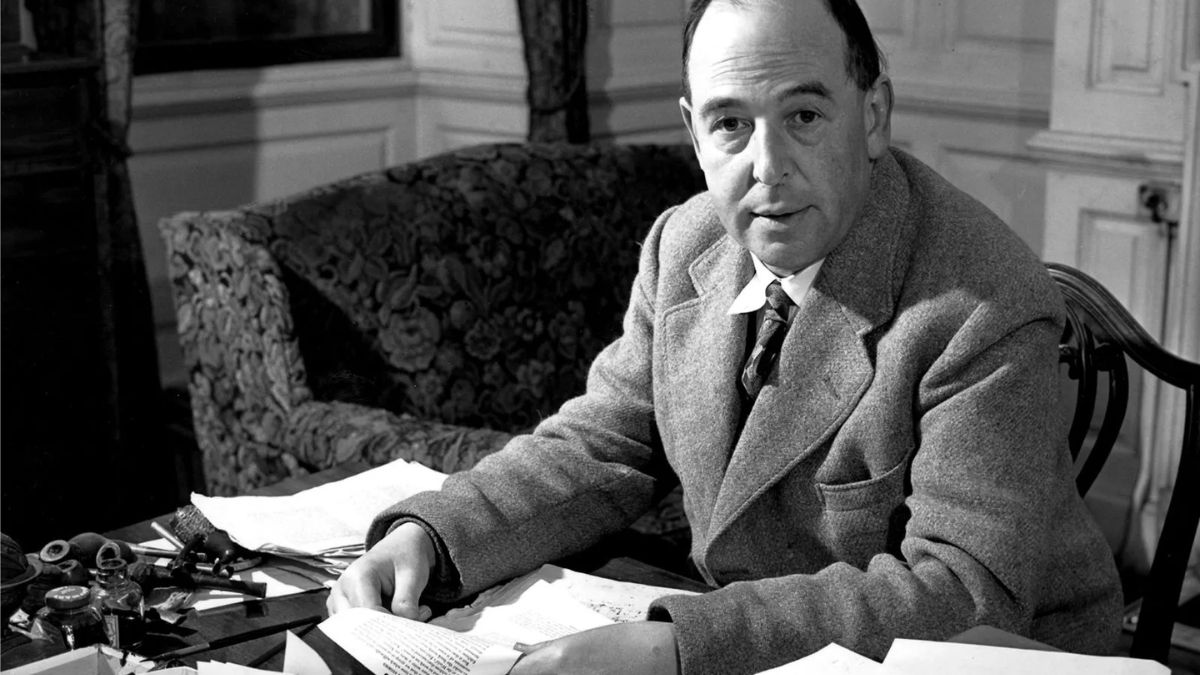

BreakPoint
The Big Bang
Thirteen-year-old Tim scanned his quiz in earth science class. His eye fell on the question: Where did the earth come from? Without thinking, Tim jotted down the first response that came to mind: God created it. The next day the quiz came back. Tim’s teacher had marked the answer wrong and taken 20 points off his grade. According to the teacher, the "correct" answer was that the earth is the outcome of the primeval explosion scientists call the Big Bang. When Tim told his story to family friends, they were outraged. "You go right back and show that teacher your Bible," they told him. "It’s right there in Genesis: God created the heavens and the earth." But is that the best way to respond? Charging into the classroom, Bible in hand, only reinforces the worst stereotypes of Christian anti-intellectualism. Instead of opposing science with religion, we ought to oppose bad science with better science. Speaking on a strictly scientific level, does the Big Bang contradict belief in God? Of course not. In fact, when the Big Bang theory first dawned on scientists, many recoiled from the idea. Why? Because they had believed the universe was eternal. In fact, they had crafted arguments against Christianity based on the assumption that matter is eternal, and therefore there’s no need for a Creator. In the face of all this, the Big Bang broke like a thunderclap. It spoke clearly of an ultimate beginning to the universe. And that, in turn, implied that there was something, or Someone, outside the universe that brought it into being. So if your youngster comes home with war stories from his science class, don’t run into the classroom with a Bible. Go in armed with scientific facts. Tell the teacher you’d like to ask some scientific questions. Ask the teacher: Where did the initial matter for the Big Bang come from? Big Bang theory simply assumes the existence of a ball of densely packed matter the size of a basketball. But where did it come from? Or you could ask: What caused matter to compress itself into the initial superdense ball? Some astronomers argue that the contracting matter would refuse to pile up into anything approaching the required density. Then ask the teacher: What force or power caused this superdense ball to burst apart in the primeval explosion? Some astronomers argue that such a gigantic quantity of material, compacted at such a high density, would not explode at all. The discovery of the Big Bang remains one of the most dramatic evidences for the biblical teaching that the universe had an ultimate beginning. In fact, the best findings of modern science stand squarely behind the biblical view of the world. The real opposition is not from science, it’s from a naturalistic worldview that uses science as a weapon in the war of ideas. That’s the argument we ought to be making when our kids bring home science papers marked Wrong. You and I should not let our kids be intimidated. We ought to equip them to go into their science classes with solid, scientific evidence for their beliefs. The message of science is the same message we find in Genesis: "In the beginning, God created the heavens and the earth."
12/30/97















